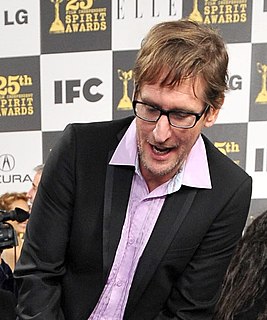A Quote by Joanna Scott
Telling ourselves that fiction is in a sense true and at the same time not true is essential to the art of fiction. It's been at the heart of fiction from the start. Fiction offers both truth, and we know it's a flat-out lie. Sometimes it drives a novelist mad. Sometimes it energizes us.
Related Quotes
Creative non-fiction is such a liberating genre because it allows the non-fiction writer, whether he or she be journalist or essayist, to use all of the techniques of the fiction writer and all of the ideas, creative approaches, that fiction writers get a chance to use, but they have to use it in a true story.
Writing fiction is not a profession that leaves one well-disposed toward reading fiction. One starts out loving books and stories, and then one becomes jaded and increasingly hard to please. I read less and less fiction these days, finding the buzz and the joy I used to get from fiction in ever stranger works of non-fiction, or poetry.






































